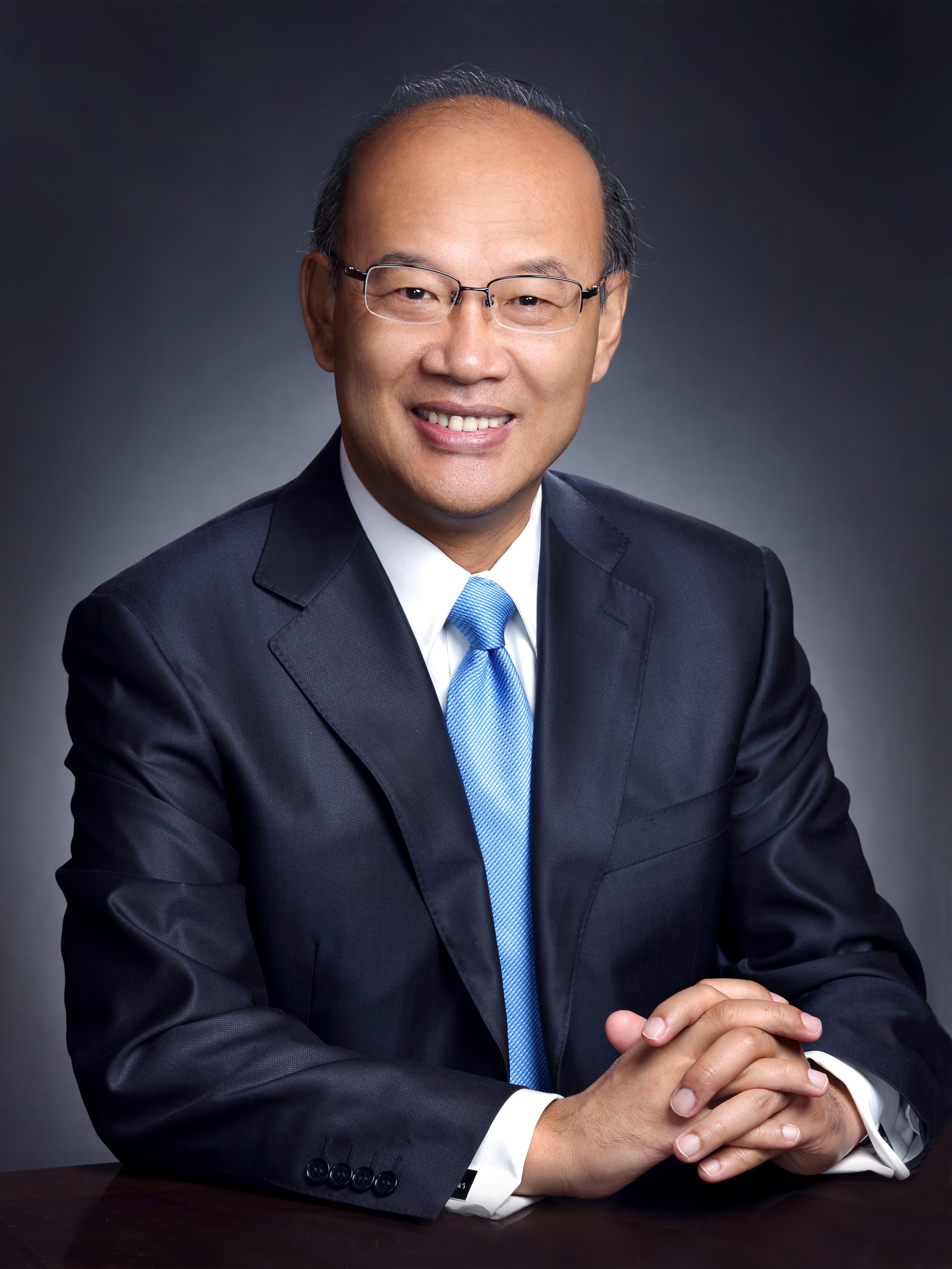Wang En Ge, Doctor of Science honoris causa

Professor Wang Enge is a physicist, academician of the Chinese Academy of Sciences (CAS) and The World Academy of Sciences (TWAS), fellow of the American Physical Society (APS), the Institute of Physics (IoP), Texas Center for Superconductivity, University of Houston (TcSUH) and Hong Kong Institute for Advanced Study (IAS). He was a visiting scholar at Japan Science Promotion Society (JSPS), Max Planck Institute Alexander von Humboldt Foundation (AvH), Stanford University Global Climate and Energy Project (GCEP), and The Chinese University of Hong Kong CN Yang Scholars. He is currently the Chairman of the Academic Committee of the Institute of Physics, Chinese Academy of Sciences, the Chairman of Board of Directors of Guangdong Songshan Lake Materials Laboratory, Chairman of the International Advisors’ Committee of Beijing Huairou Science Center, and Honorary Director of the Kavli Institute for Theoretical Sciences (KITS) at the University of Chinese Academy of Sciences (UCAS). In 2017, he was elected to be the Executive Vice Chairman of the International Union of Pure and Applied Physics (IUPAP); An international board member of the American Physical Society (APS) (2018); the 1st Chairman of the Global Cooperation Alliance Science Centers (GCASC) (2019). He obtained his Bachelor of Science from the Department of Physics of Liaoning University in 1982 and Ph.D. in Physics from the Department of Physics of Peking University in 1990; He worked as a post-doc fellow at the Institut d’Electronique, de Microelectronique et de Nanotechnologie (France) at the University of Houston as a research scientist (1991-1995). He began to work as a professor at the Institute of Physics, Chinese Academy of Sciences (CAS) from 1995 and has become a professor at the School of Physics of Peking University from 2009. From 1999 to 2021, he served as the Director of the Institute of Physics of CAS, President of Peking University, Vice President of CAS, and Director of the Mathematics and Science division of CAS. He also worked as a visiting professor at Stanford University, University of California, Berkeley, University of California at Santa Barbara, Tohoku University in Japan, Max Planck Institute in Berlin and Max Planck Institute in Hamburg, Germany.
Professor Wang’s main research interest lies in the full quantum effects of condensed matter physics. He and his collaborators co-developed the first principle full-quantum simulation technique, which is beyond Born–Oppenheimer approximation, and hyper spatial resolution in-situ structural representation and probe microscope measurement techniques. He studied the controlled synthesis and physical properties of light-element nanomaterials, the bonding structures and phase transition of hydrogen bond for fluid water and solid water at atomic scale, and other cutting-edge physics problems. He has published over 360 papers in international journals, 56 of his papers have an individual other-citation number that is greater than 100 times, 2 academic monographs, and has been granted over 30 national invention patents. He has been invited to guest speak at prominent international academic conferences, including the American Physics Society annual conferences and the European Psi-k conference, etc. He is currently the chief editor of Science Bulletin in China and the executive chief editor of the American AIP Advances and has received multiple prominent awards and honors, including The World Academy of Sciences Award in Physics, the Germany Humboldt Research Award and the Zhou Pei-Yuan Physics Award, etc.





